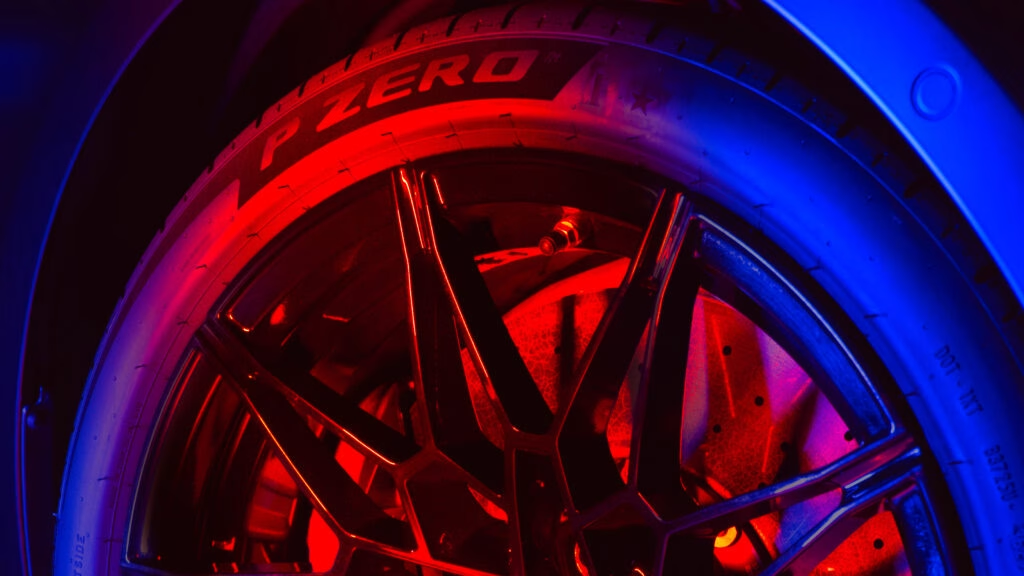Pirelli’s Cyber Tire technology is stirring up quite a buzz, and not just because it’s a high-tech innovation in the tire industry. With the U.S. government tightening regulations on connected vehicle technologies, Pirelli finds itself in a precarious position. Let’s dive into what this means for drivers, automakers, and the future of smart tires.
What Makes Pirelli’s Cyber Tire Technology Unique?
At its core, Pirelli’s Cyber Tire technology is designed to enhance driving safety and performance. Launched in 2021, this innovative tire features integrated sensors that monitor various parameters, such as temperature, pressure, and load index. This data is crucial for ensuring optimal tire performance and can even be displayed on a vehicle’s dashboard, allowing drivers to make informed decisions while on the road.
Imagine driving a car that not only warns you about tire pressure but also adjusts the vehicle’s systems based on real-time data from the tires. This level of connectivity transforms the driving experience, making it safer and more efficient. However, this advanced technology is now facing scrutiny due to geopolitical tensions.
Why Is the U.S. Government Targeting Pirelli?
The U.S. Department of Commerce recently implemented a rule that restricts the sale and import of connected vehicle hardware and software from certain countries, including China and Russia. This decision stems from national security concerns, as the government aims to protect American supply chains from potential exploitation.
Pirelli, which has a significant 37% stake held by the Chinese firm Sinochem, finds itself in a challenging situation. The fear is that the Cyber Tire technology, which relies on software and hardware that could be deemed sensitive, may be restricted under these new regulations. This could mean that Pirelli’s innovative tires—and the vehicles equipped with them—might not be allowed in the U.S. market after certain deadlines.
What Are the Implications for Automakers?
For automakers, this presents a complex dilemma. While the Cyber Tire technology offers substantial benefits, the potential for restrictions means they may need to rethink their strategies. Some manufacturers might seek exemptions to continue using this technology, but the process could be lengthy and uncertain.
As the clock ticks down to the 2027 model year, when software restrictions will take effect, and the 2030 model year for hardware, automakers are under pressure to adapt. The stakes are high, as the integration of smart technologies in vehicles is becoming increasingly essential for competitiveness in the automotive market.
Navigating the Future of Smart Tires
The situation with Pirelli’s Cyber Tire technology highlights a broader trend in the automotive industry: the push towards smarter, more connected vehicles. As we move forward, the challenge will be balancing innovation with regulatory compliance.
For consumers, the takeaway is clear. While the promise of smart tires and connected vehicles is exciting, the path to widespread adoption may be fraught with hurdles. It’s essential to stay informed about these developments, as they could impact the vehicles we drive and the technologies we rely on.
The big takeaway? Pirelli’s situation isn’t just about tires—it’s a reflection of the evolving landscape of automotive technology and regulation. As the industry navigates these changes, staying adaptable and informed will be key. Keep an eye on how this unfolds; it could reshape the driving experience as we know it.

